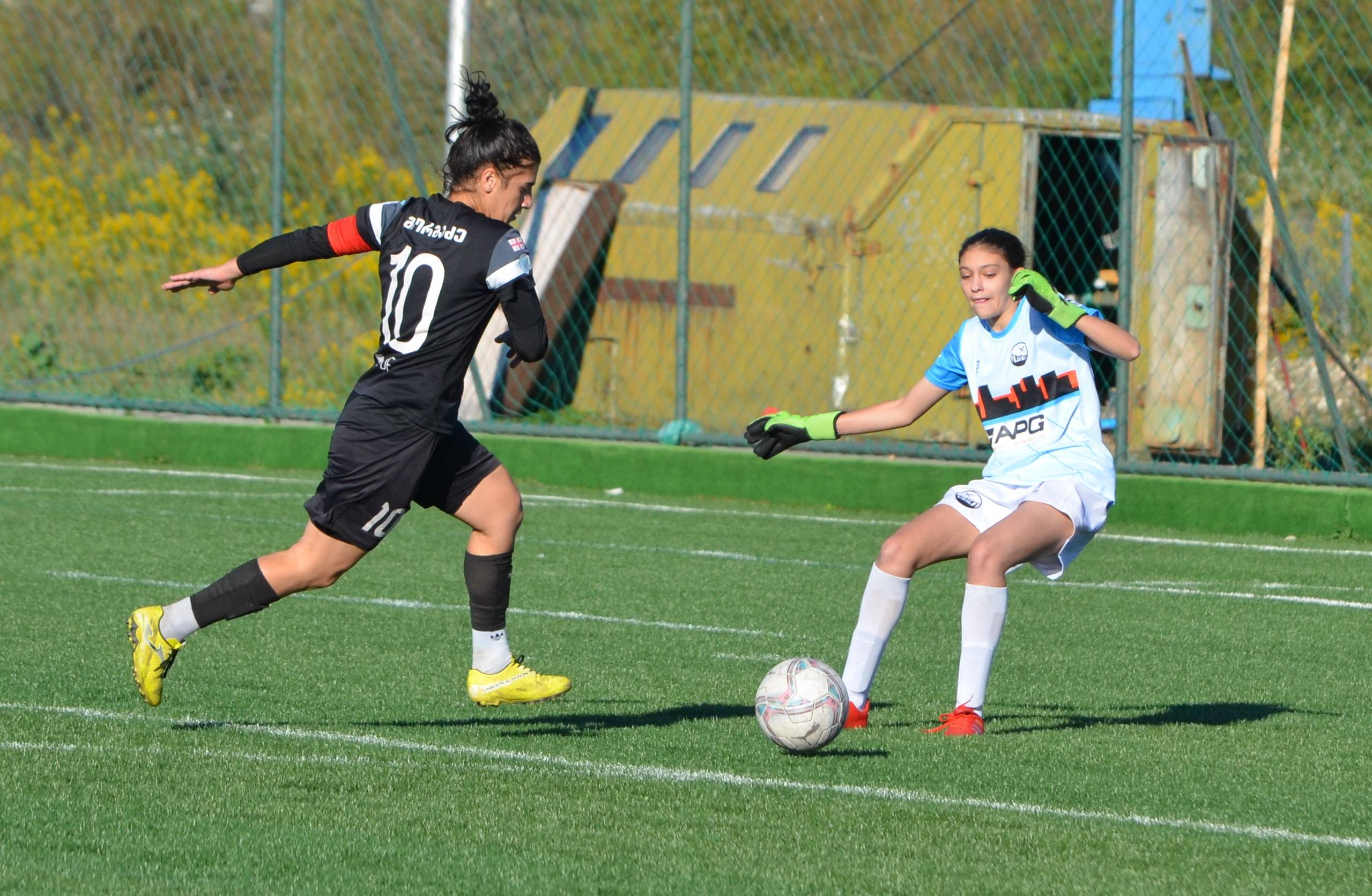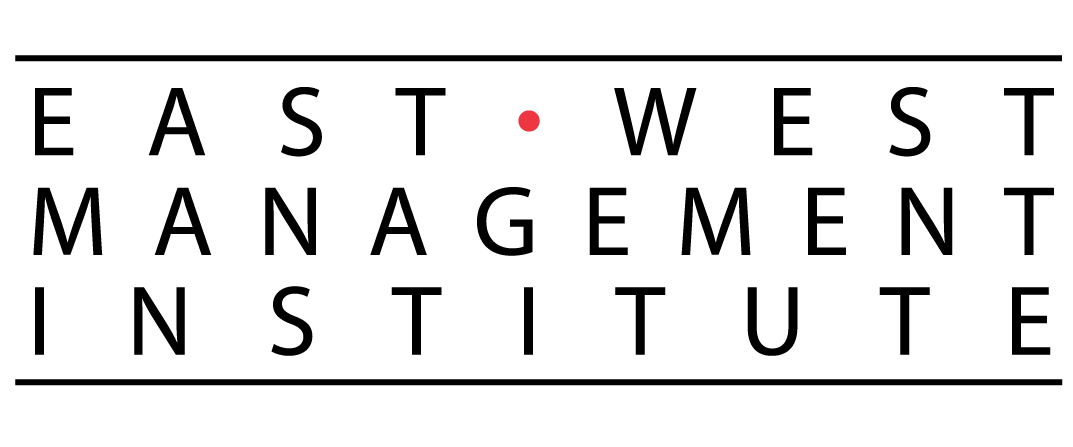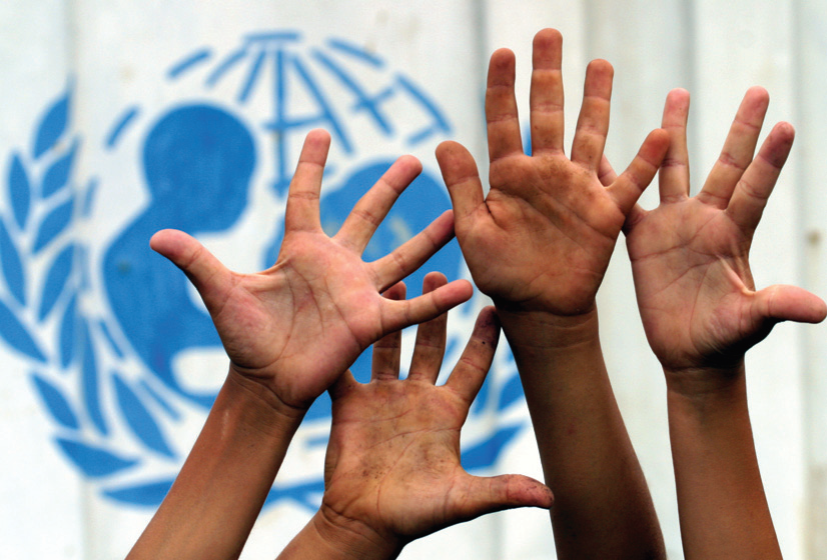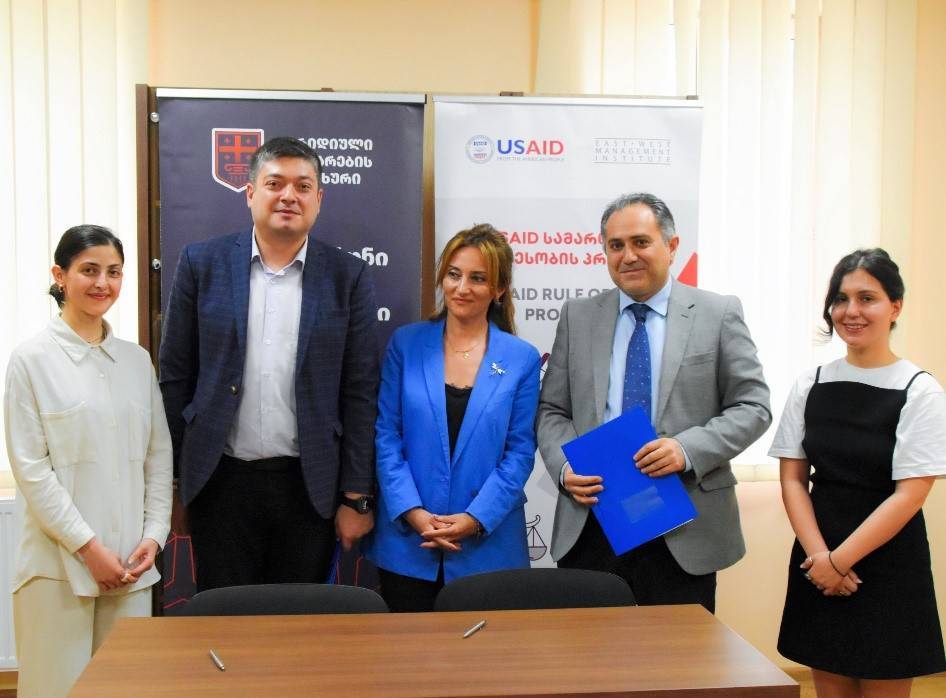Restoring the Rights of Sportswomen
The Sports Law and the Labor Code require employers of athletes to provide football players with need-based medical insurance and full reimbursement for the treatment of injuries. The USAID Rule of Law Program is supporting the Women's Initiative Support Group (WISG) to protect the violated rights of female soccer players.
"Before one game in 2018, my team gave me painkillers and sent me on the field. At the fourth minute, my knee turned again and I was out for two weeks. I went to doctors at my own expense, and it turned out that I had damaged both menisci and torn tendons. I needed surgery. I asked the club to apply to the Ministry of Health for financing the treatment. Later that year, Ministry agreed to pay half of the required amount and the club had to cover the other half. They promised they would reimburse me for the expenses I paid but delayed me for a year," says Lana Gorgadze, striker and captain of the Kutaisi women's football club "Martve" of the Georgian Higher League.
Lana confided her story to friends at the organization Identity Yous, who advised her, along with several teammates with health issues, to WISG. "Friends explained to us that such treatment at the workplace has its own name and that the employer is obliged to ensure the safety and health of the working conditions," says Lana.
With the help of WISG, the women footballers conducted medical examinations and then turned to the Public Defender’s Office (PDO) in 2020. After studying the case, the PDO issued recommendations to the Football Federation that same year. As a result, the Georgian Football Federation issued new regulations that the women's league added to the licensed leagues, and from 2021, the clubs competing in this league are obliged to have a doctor and a physiotherapist at the games. In addition, it became mandatory for these clubs to provide health insurance for the players, "but the insurance packages are cheap, and often when we are referred to the insurance company the necessary procedures or medicines are not financed for us. In other words, this package is not adapted to the needs of the player and the rehabilitation of injuries," says Lana.
"After my operation, I need an injection for rehabilitation every 6 months to be able to continue playing. Insurance does not cover this. Even my meager salary is not enough to see a traumatologist, and I must ask my parents for help. This is very unfair. The club should be responsible for helping me rehabilitate. I have been playing for 16 years and I have never asked them for help," she says.
"My teammates and I will not stop because we want to improve the situation for women football players in the country so that women no longer have to stop playing because they could not get treatment at their own expense," says Lana.
According to Keti Bakhtadze, a lawyer at WISG, in addition to covering the necessary general health services for athletes, it is very important to provide gender-based health services for female football players. The need to ensure access to reproductive health services and relevant information is also mentioned in the recommendations issued by the Public Defender to the Football Federation. WISG and the USAID Rule of Law Program continue to work to improve the protection of the rights of all women.







